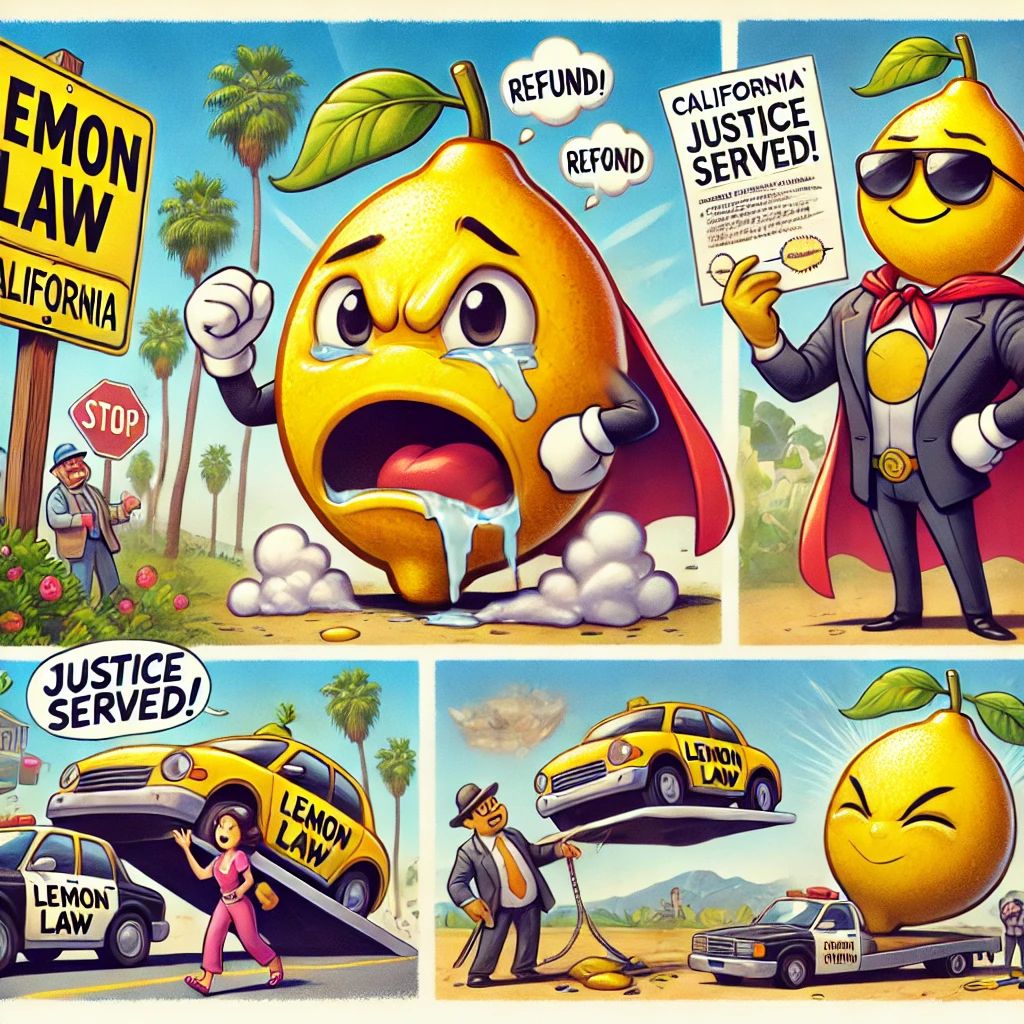
Ever bought something, only to discover it was a dud? A real disappointment? In the world of cars, we have a specific term for such unfortunate purchases: a “lemon.” But why a lemon? Why not a grapefruit, a banana, or a particularly sad-looking kumquat? Let’s peel back the layers of this curious automotive slang.
A Sour History: From General Slang to Cars
The use of “lemon” to describe something defective or worthless isn’t exclusive to cars. It actually predates the automobile itself! According to Green’s Dictionary of Slang, the term popped up around 1909 to describe a bad bargain or a swindle. It wasn’t until 1923 that “lemon” specifically referred to a faulty vehicle. An article in The Oakland Tribune from that year mentions a used car dealer pleased to have finally gotten rid of a “lemon,” solidifying the connection between the citrus fruit and problematic automobiles.
The underlying idea is simple: lemons are sour, unpleasant, and leave a bad taste in your mouth. This perfectly mirrors the experience of buying a car that constantly breaks down or has hidden issues.
Volkswagen’s Sweet Strategy: Turning Sour into Sweet

The association between lemons and bad cars might have been further cemented by a clever advertising campaign from Volkswagen in the 1960s. Known for their minimalist and impactful ads, one particular ad featured a simple photograph of a Beetle with a single word: “Lemon.”
Instead of highlighting a flaw, the ad cleverly explained that Volkswagen’s rigorous quality control had identified minor imperfections in this specific car, preventing it from ever reaching a dealership. “We pluck the lemons,” the ad declared, “You get the plums.” This brilliant marketing strategy flipped the negative connotation on its head, showcasing Volkswagen’s commitment to quality.
The Lemon Law: Legal Protection for Disappointed Drivers
While Volkswagen’s ad was a clever marketing tactic, it wasn’t until 1975 that consumers received federal legal protection against defective vehicles. The Magnuson-Moss Warranty—Federal Trade Commission Improvement Act, often referred to as “the lemon law,” was enacted to protect consumers from faulty products, including cars.
This law ensures that manufacturers honor their warranties and provide remedies for defective products. If a car cannot be repaired after a reasonable number of attempts, the consumer is entitled to a replacement or a refund. It’s important to note that specific details of lemon laws vary from state to state, so it’s always wise to research the regulations in your area.
Beyond the Sour: A Bright Spot (Literally)
Interestingly, there’s one area where being associated with “lemon” can actually be a good thing in the car world. According to iSeeCars, yellow cars depreciate at a significantly lower rate than other colors. So, while you wouldn’t want a lemon of a car in terms of functionality, a yellow car might be a smart financial choice!
From Sour Fruit to Consumer Protection
The term “lemon” has traveled a long and winding road, from general slang for a bad deal to a specific term for a defective car, even inspiring consumer protection legislation. It’s a testament to the power of language and how a simple word can encapsulate a shared experience.
Experiencing car troubles can be a real sour situation, but with the right information and resources, you can navigate these challenges effectively. If you’re facing issues with a vehicle and need expert advice, don’t hesitate to check out Lemon Fixers pages. They can provide valuable assistance and help you understand your rights. Don’t let a lemon leave a bad taste in your mouth get the help you deserve!



